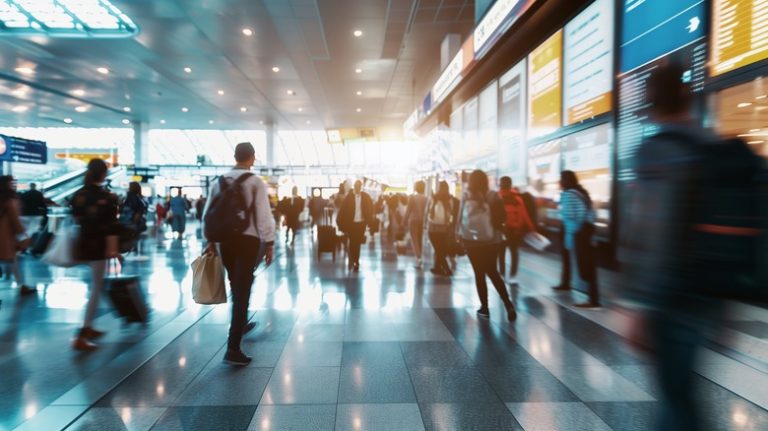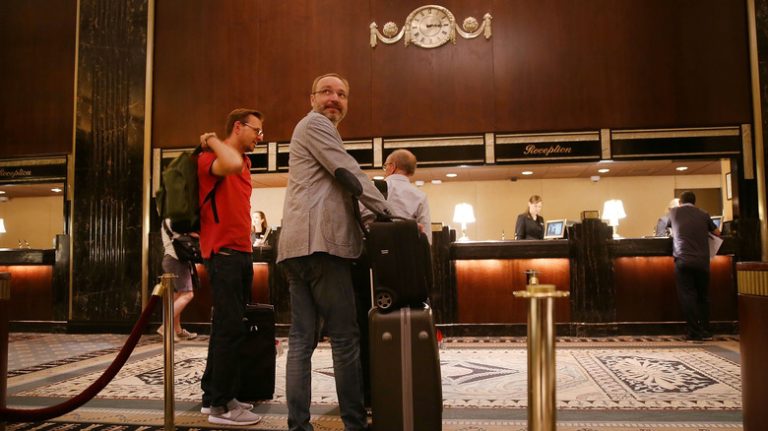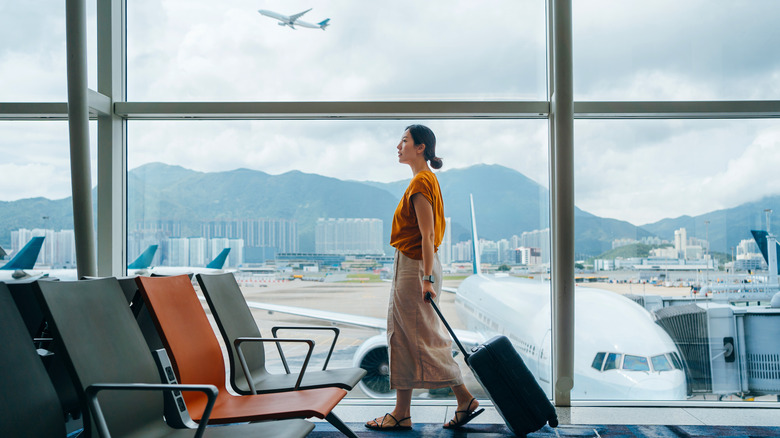
When it comes to traveling, finding ways to save money, no matter how small, can be very appealing to consumers. This is particularly true considering how expensive travel has become in the post-pandemic economy. According to NerdWallet’s Travel Inflation Report for June 2025, hotel prices increased by a significant 23.7% compared to the same period in 2015. Additionally, over the past decade, car rental prices have risen by 29.2%, while dining out has surged by an astonishing 49.3%.
As travelers continue to pay more to enjoy the pleasures of travel, many are understandably looking to safeguard their investment through travel insurance. Moreover, with the COVID-19 pandemic still fresh in many minds, it might seem more crucial than ever to protect against any potential disruptions in your travel plans. However, not all travel insurance types are worth the expense. Specifically, European travel expert and author Rick Steves suggests that baggage insurance, in particular, offers the poorest value for money and should be avoided. While those who have experienced lost luggage might disagree, it’s vital to recognize that the likelihood of your bag being lost is quite low. In fact, according to the May 2025 Air Travel Consumer Report from the U.S. Department of Transportation, only 0.55 out of 100 bags were reported as mishandled in the first quarter of 2025.
Understanding baggage insurance
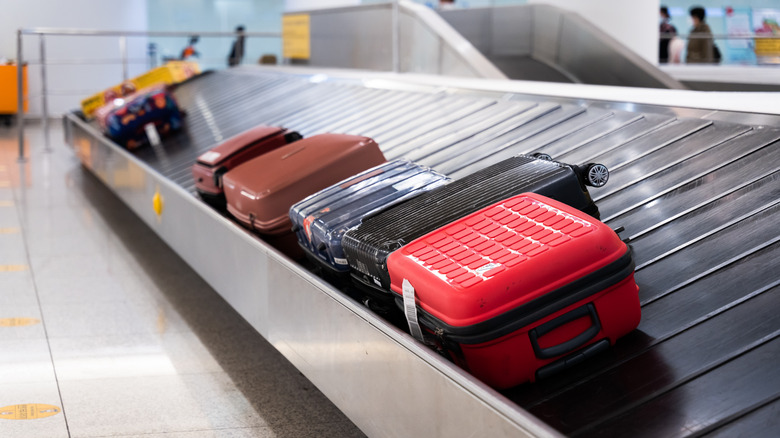
As airlines continue to embrace additional fees and upselling, consumers encounter more choices than ever when booking a flight. One of the subtle ways airlines encourage spending is through baggage insurance. Essentially, baggage insurance is a product designed to alleviate the impact of potentially lost or delayed baggage. Generally, baggage delay coverage reimburses you for purchasing essential replacement items—such as toiletries and toothbrushes (which Steves advises packing with you to save money)—depending on the duration of the baggage delay. For instance, if you need replacement clothing, the reimbursement will depend on how many days it takes for the airline to deliver your baggage during your trip. Also, reimbursement may be capped at a specific amount based on the policy you purchase.
Conversely, baggage loss coverage can compensate you for the cost of the lost luggage and its contents up to a specified limit. Typically, baggage loss coverage has specific per-person or per-item limits, meaning it may not fully cover your losses based on the value of the lost items. Additionally, sentimental items’ loss can’t usually be compensated with an insurance payout.
Other things to consider about baggage insurance
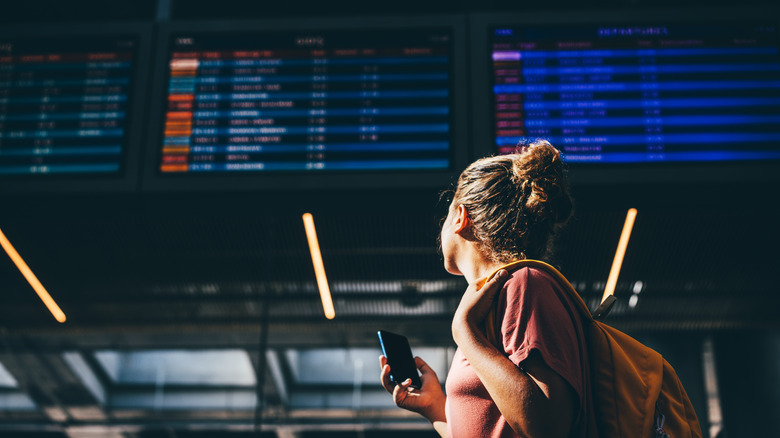
Baggage insurance is generally included within broader travel insurance policies offered by providers like credit card companies or insurance firms. However, the coverage amounts may not be substantial, prompting consumers to buy additional add-on coverage. The coverage can be expensive, considering the low likelihood of baggage mishandling, and the fine print associated with various baggage insurance policies may mean it’s not financially worthwhile, even if your luggage goes missing.
It’s crucial to understand that the probability of your bag being lost or delayed can vary significantly based on the airline you choose. While budget airlines can save you money, they might present a higher risk of baggage issues. According to Q1 2025 Air Travel Consumer Report data, United Airlines, American Airlines, and Envoy Air had the highest rates of baggage mishandling, whereas Allegiant Air, JetBlue Airways, and Frontier Airlines had the lowest number of mishandled bags.
In addition to utilizing open-jaw airline tickets and hidden city flights, another of Steves’ excellent travel suggestions is to travel light and avoid checking luggage altogether. This not only saves you money on checked baggage fees but also reduces the risk of your bag being separated from you at your destination.





